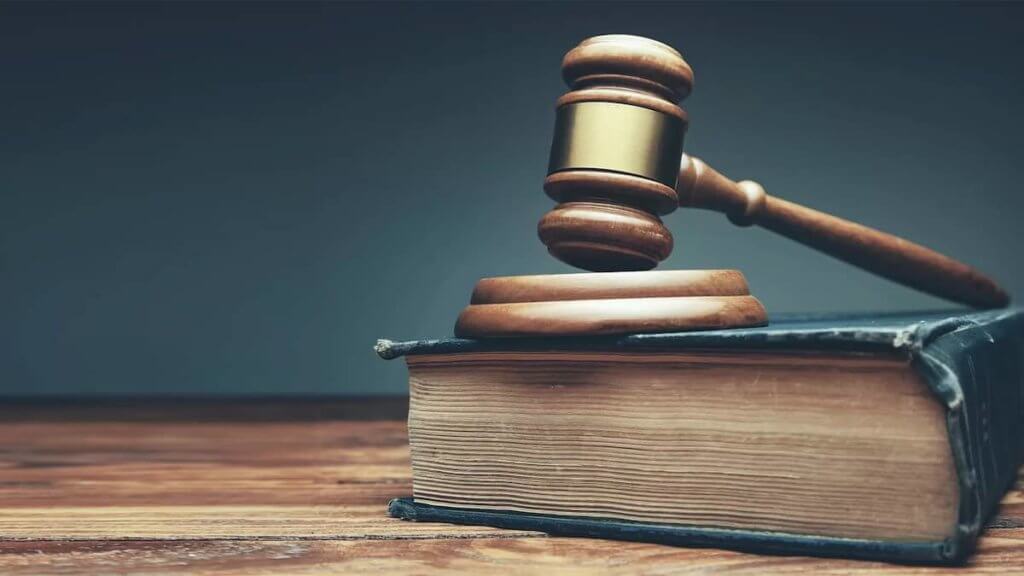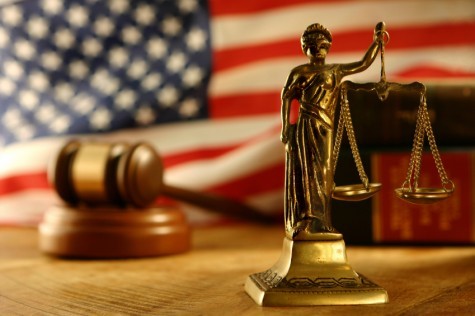The ongoing debate about the foundations of law often raises deep philosophical questions regarding its creation, enforcement, and legitimacy. One statement that succinctly captures a key aspect of this discussion is: “It is not wisdom but authority that makes a law.” This idea highlights that laws are established and upheld by authoritative power rather than purely by wisdom or moral considerations. Let’s get into the significance of this concept, its historical roots, its role in modern legal systems, and its impact on society.
Understanding Authority in Legal Frameworks
Defining Authority in Law
Authority, in legal terms, refers to the legitimate power to create, enforce, and interpret laws. It is the recognized force that provides legal norms with their validity. This authority is vested in institutions such as governments, legislatures, and judicial systems, ensuring law and order in society. While wisdom involves ethical and moral considerations, authority is rooted in established frameworks and societal consensus, making it more concrete and enforceable.
The Historical Perspective
The relationship between authority and law has existed for centuries, shaping societies through different governing structures. In ancient civilizations, laws were often imposed by monarchs, tribal leaders, or religious figures. The Code of Hammurabi, one of the earliest recorded legal systems, was established by the Babylonian king, underscoring the dominance of authority in shaping legal norms. Similarly, Roman law and medieval monarchies reinforced the principle that authority, rather than wisdom alone, dictates the rules governing society.
The Role of Authority in Modern Legal Systems
Legislation and Governance
In contemporary legal systems, the influence of authority is evident in the legislative process. Laws are enacted through established procedures involving elected representatives, courts, and government agencies. While ethical considerations may influence lawmaking, it is ultimately the authority of the state that enforces these laws. For instance, even if a law is grounded in moral reasoning, it becomes legally binding only when sanctioned by legislative or judicial authority.
Democracy and the People’s Role
Democratic societies grant authority to lawmakers who represent the collective will of the people. However, this does not guarantee that all laws are just or wise. Historical and contemporary examples demonstrate that laws, while authoritative, may still be flawed or controversial. This reality highlights the ongoing tension between authority and the pursuit of justice, prompting legal reforms and activism.

The Societal Impact of Legal Authority
Enforcement and Compliance
The effectiveness of laws depends on the authority enforcing them. Governments maintain legal order through institutions such as the police, judiciary, and correctional systems. Laws against crimes such as theft and violence are not merely moral guidelines but are upheld through authoritative enforcement. While wisdom may inspire laws, their real-world application relies on power and compliance mechanisms.
Authority and Social Justice
The notion that “it is not wisdom but authority that makes a law” also raises concerns about social justice. Authority, if unchecked, can lead to oppressive laws that do not reflect ethical principles. Historical injustices, such as segregation laws in the U.S. and apartheid in South Africa, were enforced through legal authority despite lacking moral justification. This highlights the need for civic participation and advocacy to ensure that laws evolve toward fairness and equity.
Striking a Balance Between Authority and Wisdom
The assertion that law is shaped by authority rather than wisdom serves as a crucial reminder of the complexities within legal systems. While authority provides structure and enforceability, wisdom should guide the creation of fair and just laws. As societies progress, the challenge remains to ensure that authority is exercised responsibly, aligning legal frameworks with ethical and social imperatives.
At Etruesports, we believe in fostering discussions on critical topics like law and governance, encouraging reflection on the balance between authority and justice in shaping a fair society.
Read also:- Welcome to Kissanime: Watch Your Anime Online for Free | Etruesports




